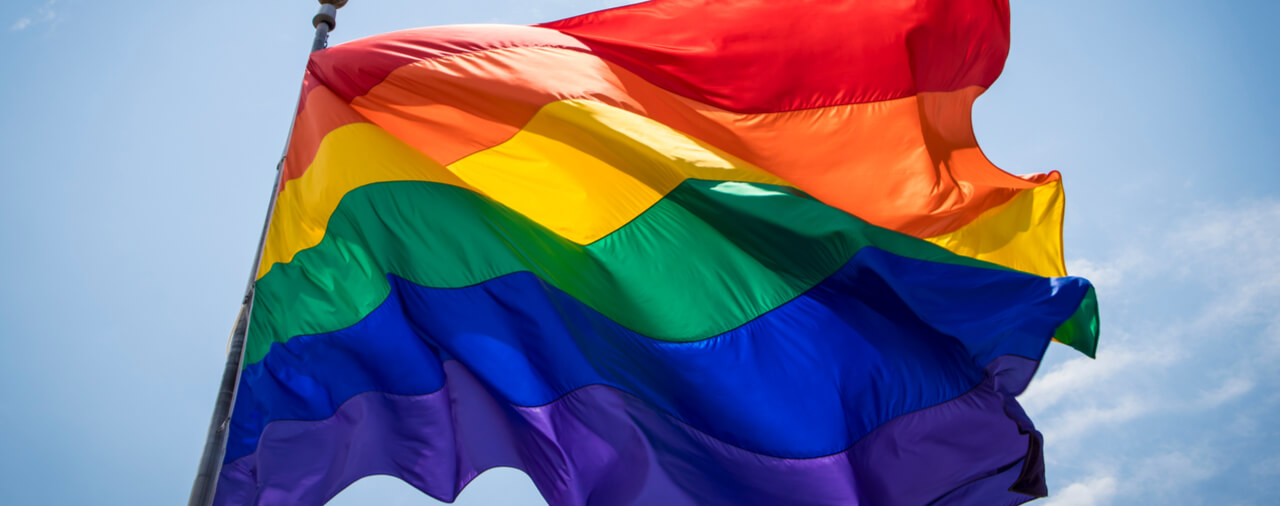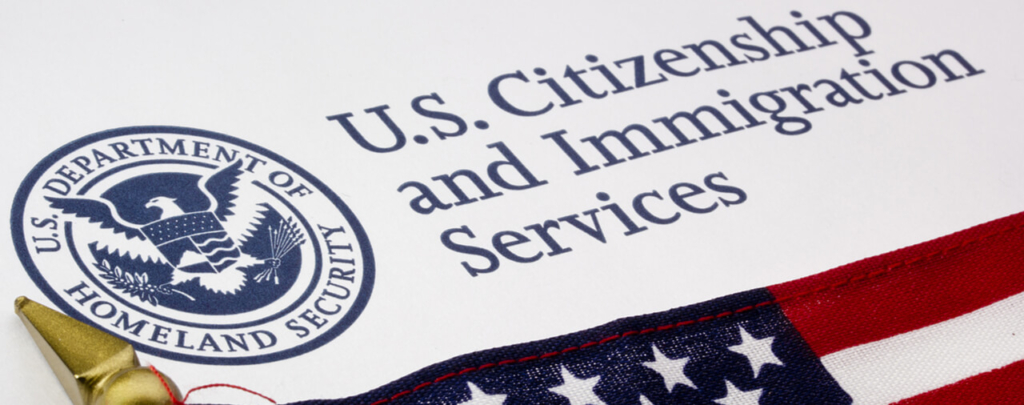Are you a member of the gay, lesbian, bisexual, transgender, or transsexual (LGBT) community? Do you fear harm, persecution and/or mistreatment in your native country due to your sexual orientation [see article] or gender identity? The U.S. Government has recognized asylum claims based upon homosexuality [see article] since 1994. Currently, gays, lesbians, bisexuals, transgender, and transsexual individuals may seek asylum [see category] in the USA based upon membership in a particular social group [see category]. As with any applicant for asylum, you must demonstrate you have genuine fear of returning to your native country and that a reasonable person in your situation would also fear persecution. While there is no universally accepted definition of persecution, the following forms of mistreatment may be considered persecution: beatings, threats of violence or other harm, detention, confinement, police harassment, torture, severe economic discrimination, degradation, etc. Persecution can also include being forced to engage in conduct that is not physically painful or harmful, but is nonetheless abhorrent to an individual’s deepest beliefs (i.e. remaining “closeted”). You can either establish asylum by showing you have been subjected to past persecution. However, you can still establish eligibility for asylum if you have not been harmed in the past, if you have a well-founded fear of future persecution [see article]. There is no requirement to show it is certain or even likely you will be harmed, because you are gay, lesbian, bisexual, transgender, or transsexual, but rather merely a reasonable possibility you will face persecution if forced to return to your native country. A reasonable possibility can be satisfied by showing as little as a 10% chance of suffering persecution.
In the considering asylum claims based upon sexual orientation and/or gender identity or, an Asylum Officer from the Bureau of U.S. Citizenship & Immigration Services (USCIS) and, when applicable, Immigration Court Judges will examine the following issues: whether the applicant has established he or she is a member of the gay, lesbian, bisexual, transgender, or transsexual (LGBT) community; whether the harm the asylum seeker has suffered and/or fears if returned to his or her native country rises to the level of persecution; whether the persecution is on account of the individual’s group membership; and, instances where the harm is not perpetrated by the government, but rather by individuals the government is unable or unwilling to control, whether internal relocation is reasonable. LGBT Asylum seekers are encouraged to establish eligibility for asylum through credible testimony and submission of documentary evidence corroborating the facts of your claim for asylum (e.g. medical records, witness affidavits, arrest records, court transcripts, photographs, etc.) as well as evidence regarding country conditions in your native country. Some country reports explicitly state the mistreatment or persecution upon LGBT communities or individuals.
Lgbt Asylum Support Task Force
You may find it helpful to contact the LGBT Asylum Support Task Force. This is an organization that provides assistance to asylum seekers which is based on LGBT claims. They can provide emotional support as well as provide you with a way to interact and socialize with other members that may be going through a similar, rough time.



-1024x405.jpg)
-1024x405.jpg)
